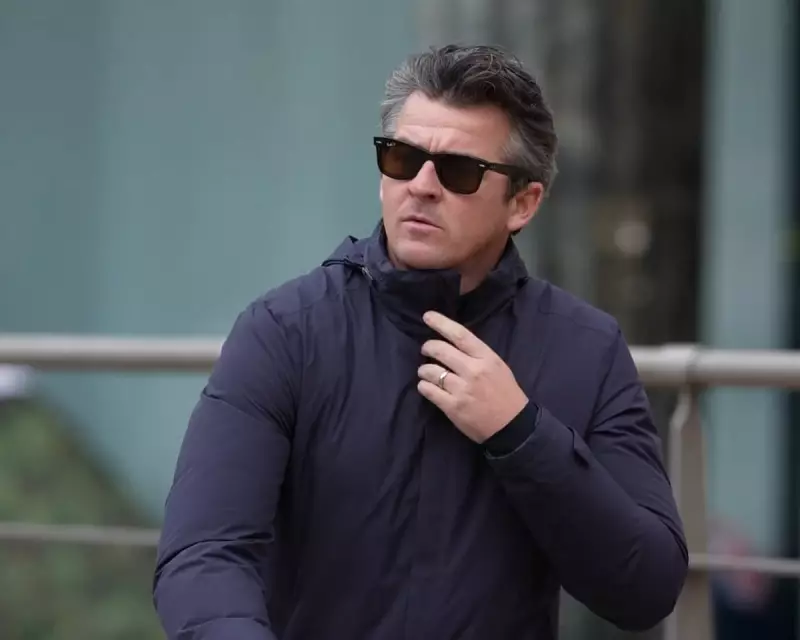
In a powerful courtroom testimony that laid bare the real-world impact of online abuse, broadcaster Lucy Ward has described how former footballer Joey Barton's social media posts left her genuinely fearing for her safety.
The television presenter told Manchester Crown Court that Barton's targeted campaign, which included comparing female pundits to serial killers and making violent analogies, created a climate of fear that extended beyond her screen and into her daily life.
'I was scared of what might happen'
Ward, a respected sports broadcaster, became visibly emotional as she recounted the period following Barton's posts. "I was scared," she told the court. "Scared of what might happen, scared of who might be out there."
The court heard how Barton's social media activity escalated into what prosecutors describe as a "persistent campaign of targeted abuse" against Ward and other women in football media.
The psychological toll of online harassment
Ward detailed the profound psychological impact of the abuse, explaining how it affected both her professional work and personal wellbeing. The constant threat perception and anxiety became overwhelming, she testified.
"When someone with millions of followers directs that kind of language at you, it doesn't feel like just words on a screen," Ward stated. "It feels like an invitation for others to join in, and it feels threatening."
A landmark case for online safety
The case represents a significant moment in the ongoing battle against online abuse, particularly for women in sports media who frequently face misogynistic attacks.
Legal experts suggest the outcome could set important precedents for how social media harassment is treated within the UK justice system, potentially strengthening protections for public figures facing coordinated online abuse campaigns.
Barton, who pleaded not guilty to a charge of malicious communications, sat listening as Ward delivered her testimony. The case continues as the court examines whether the former Manchester City midfielder's posts crossed the line from offensive opinion into criminal harassment.





